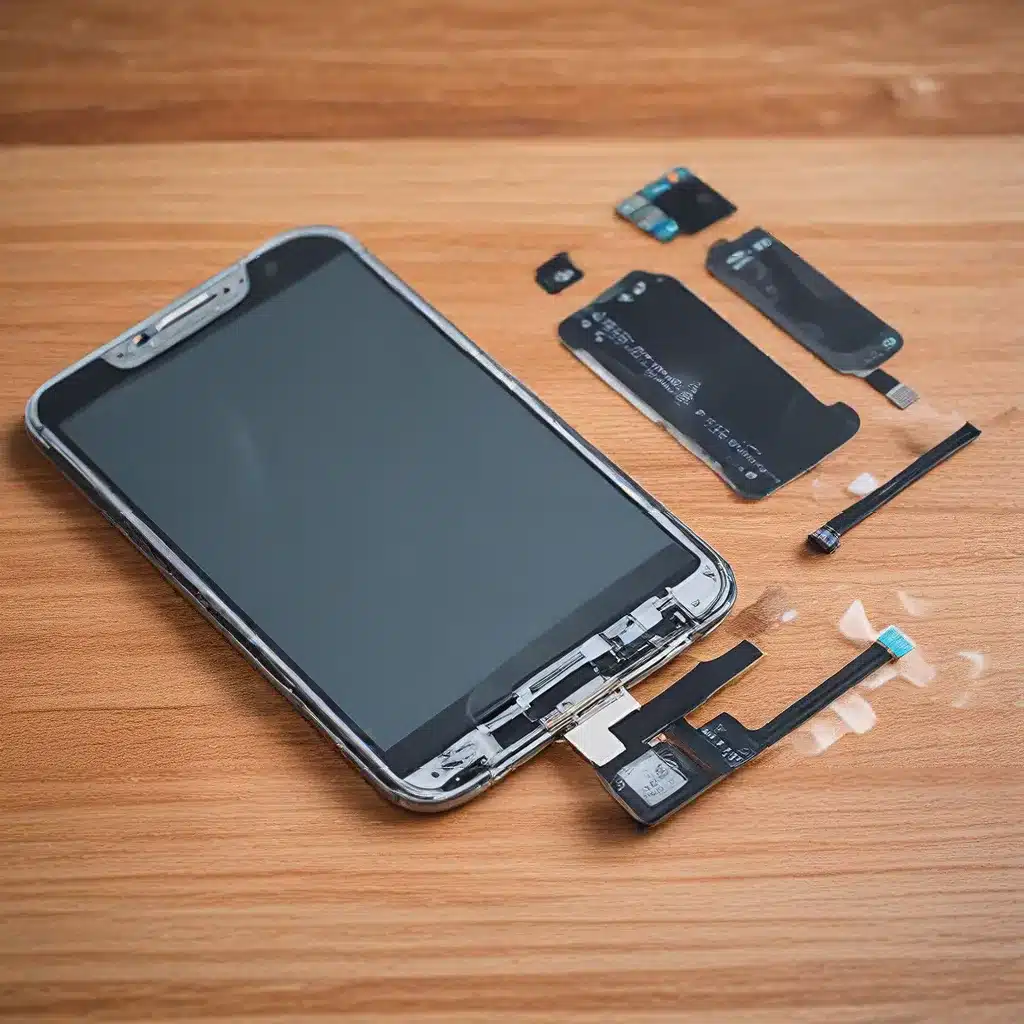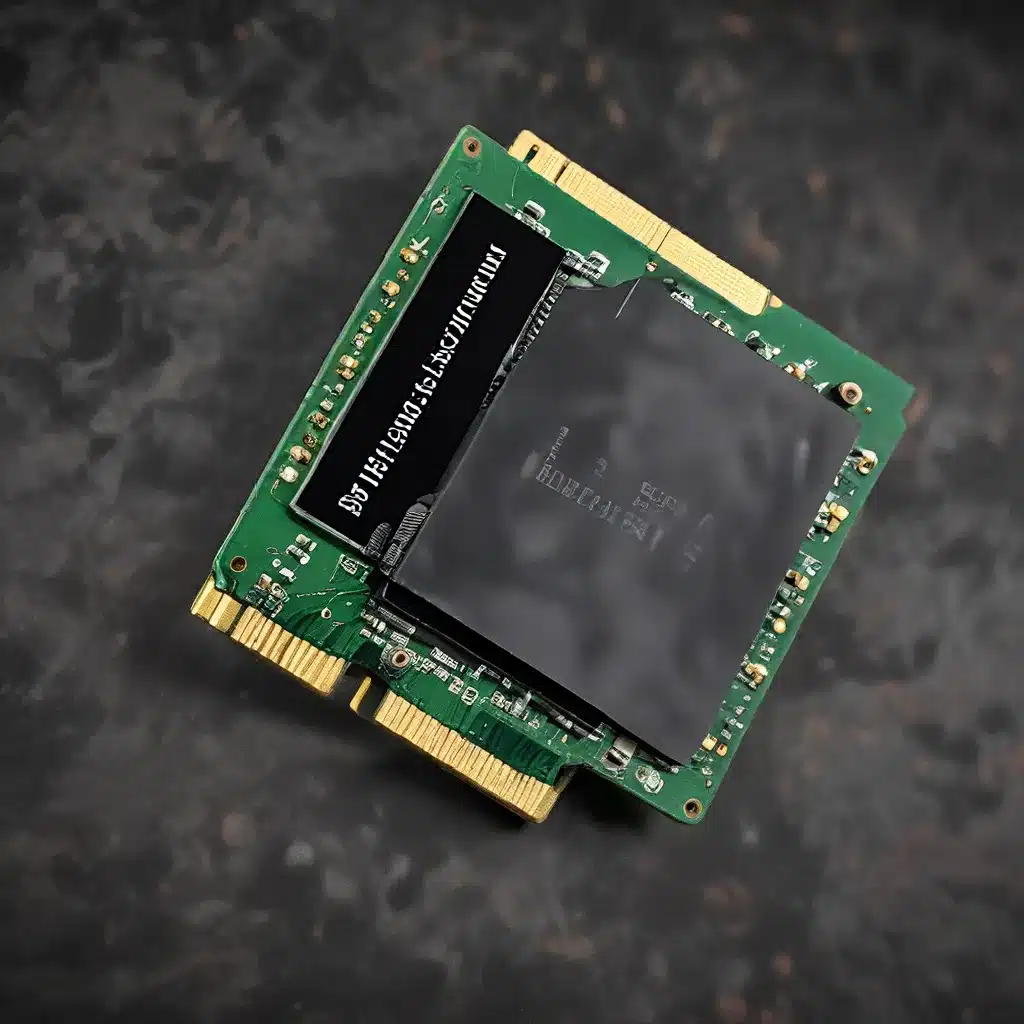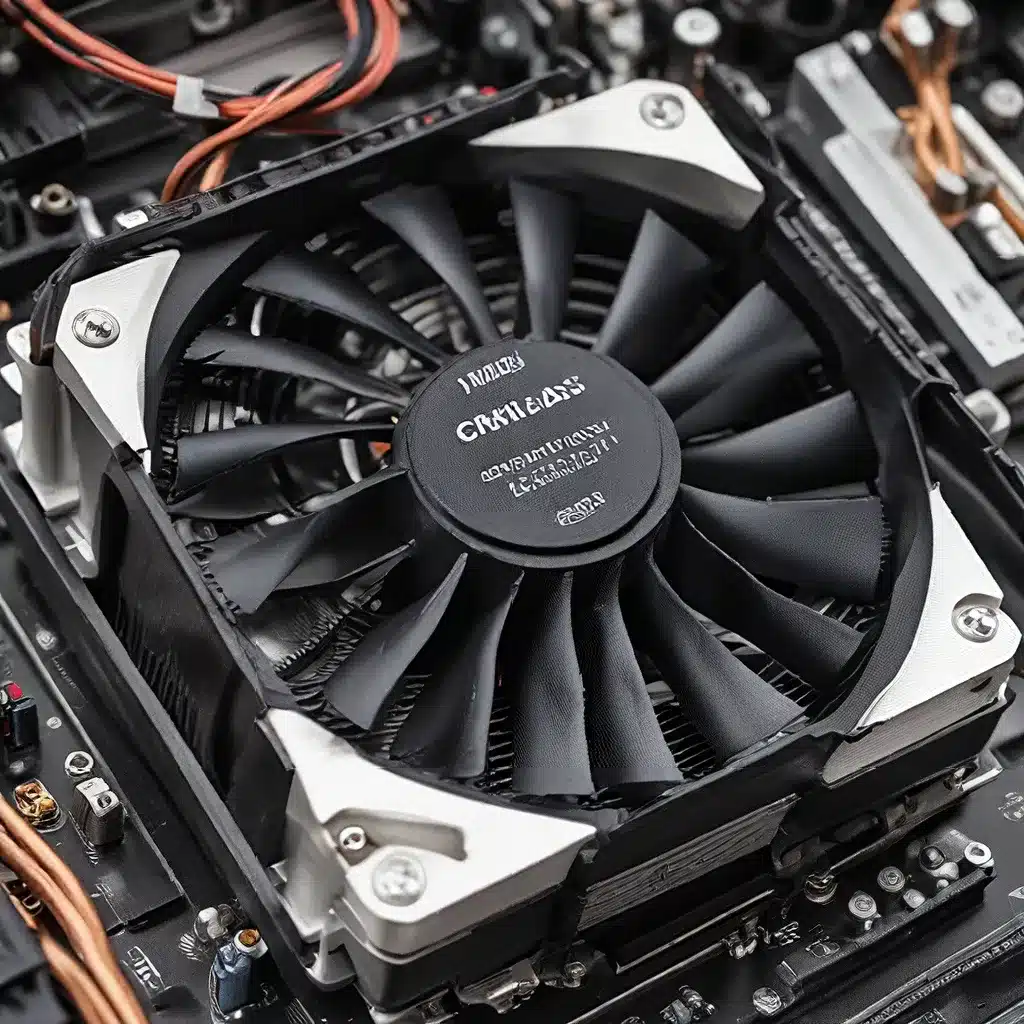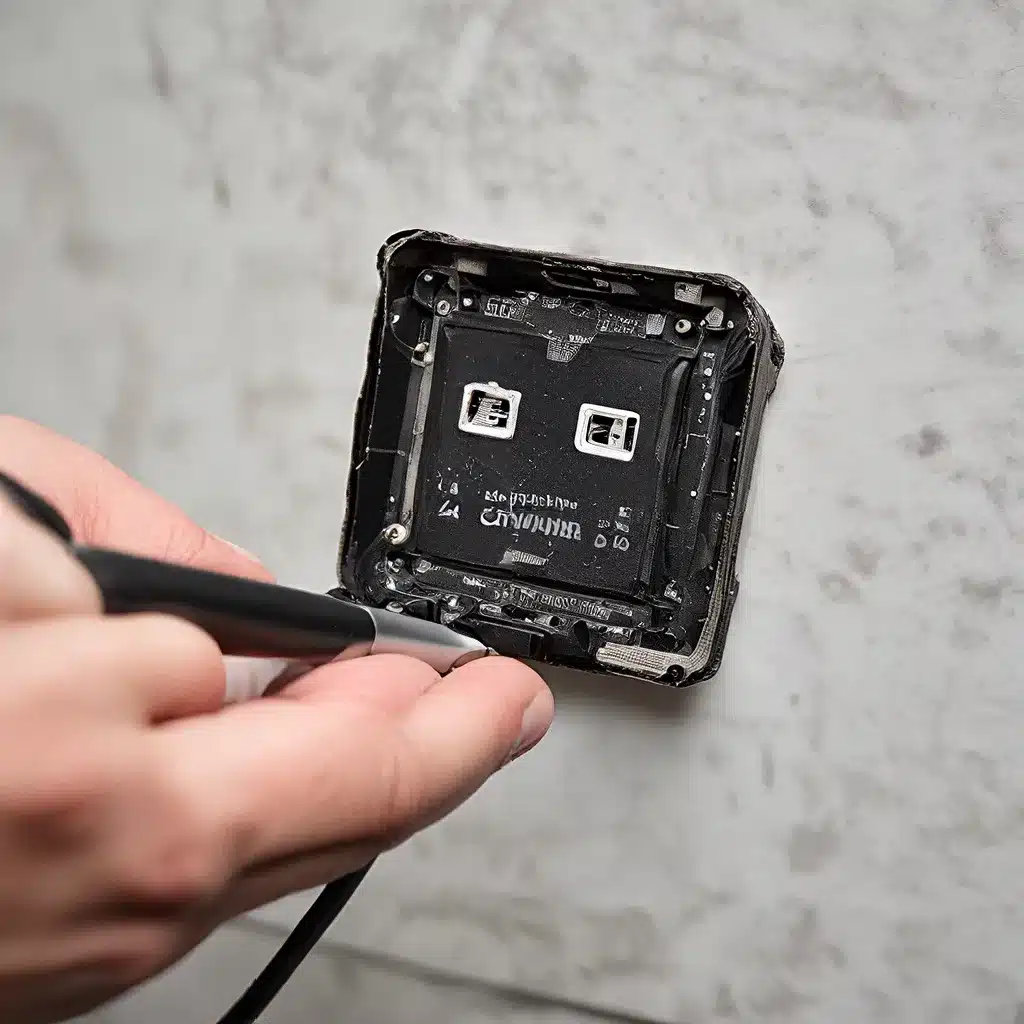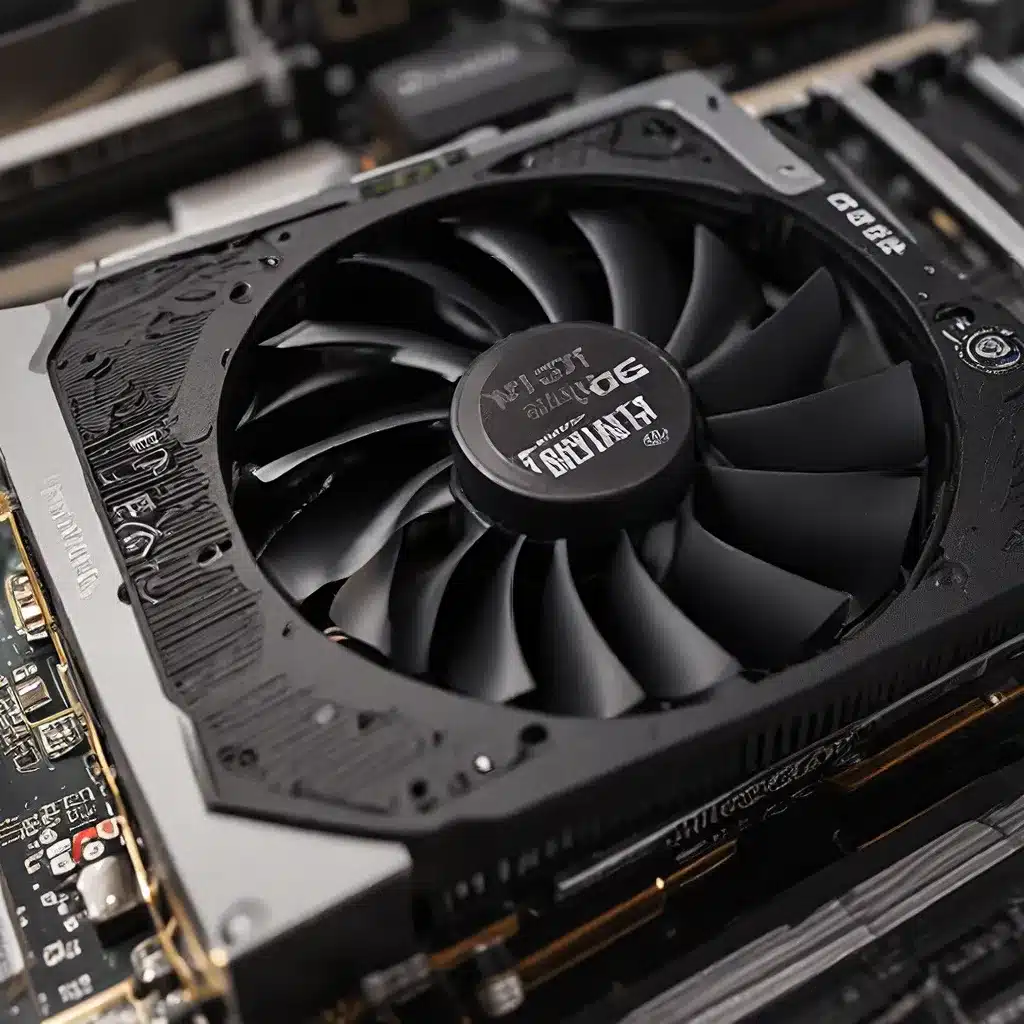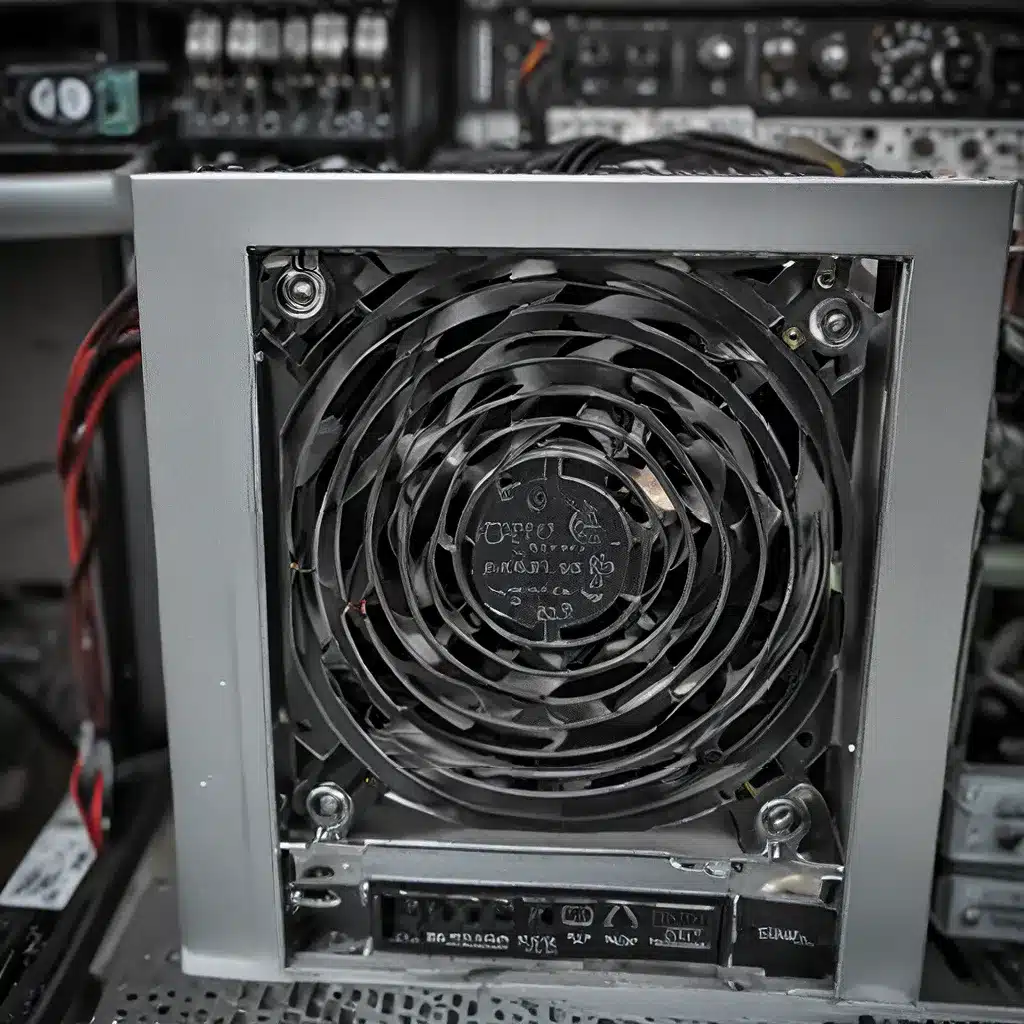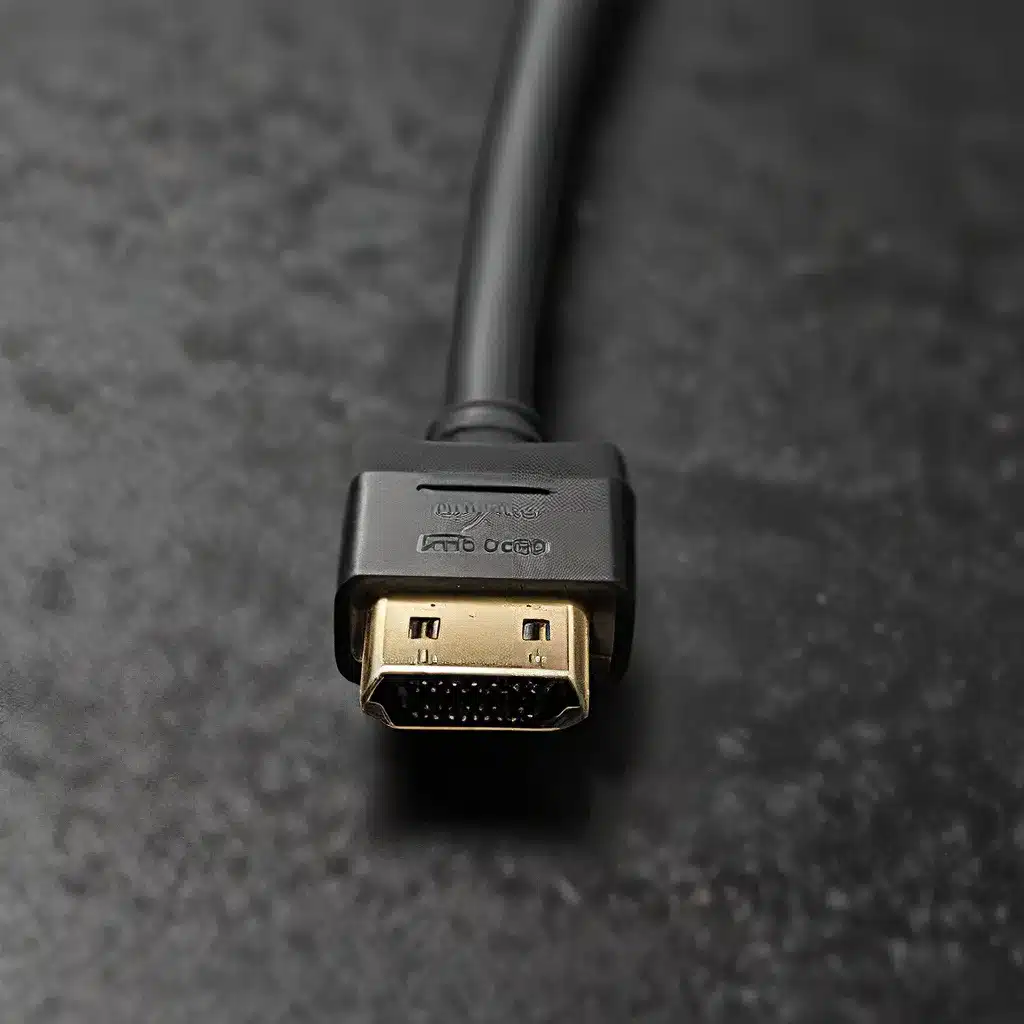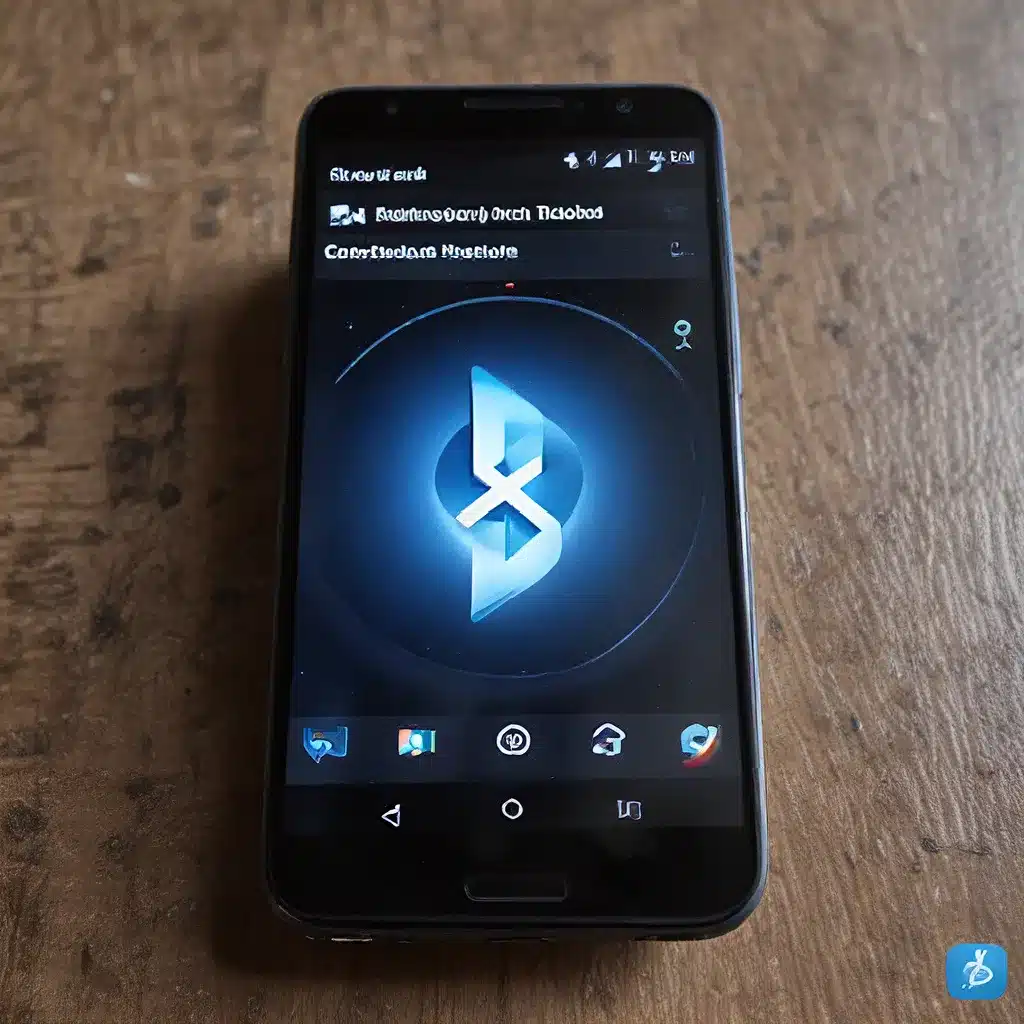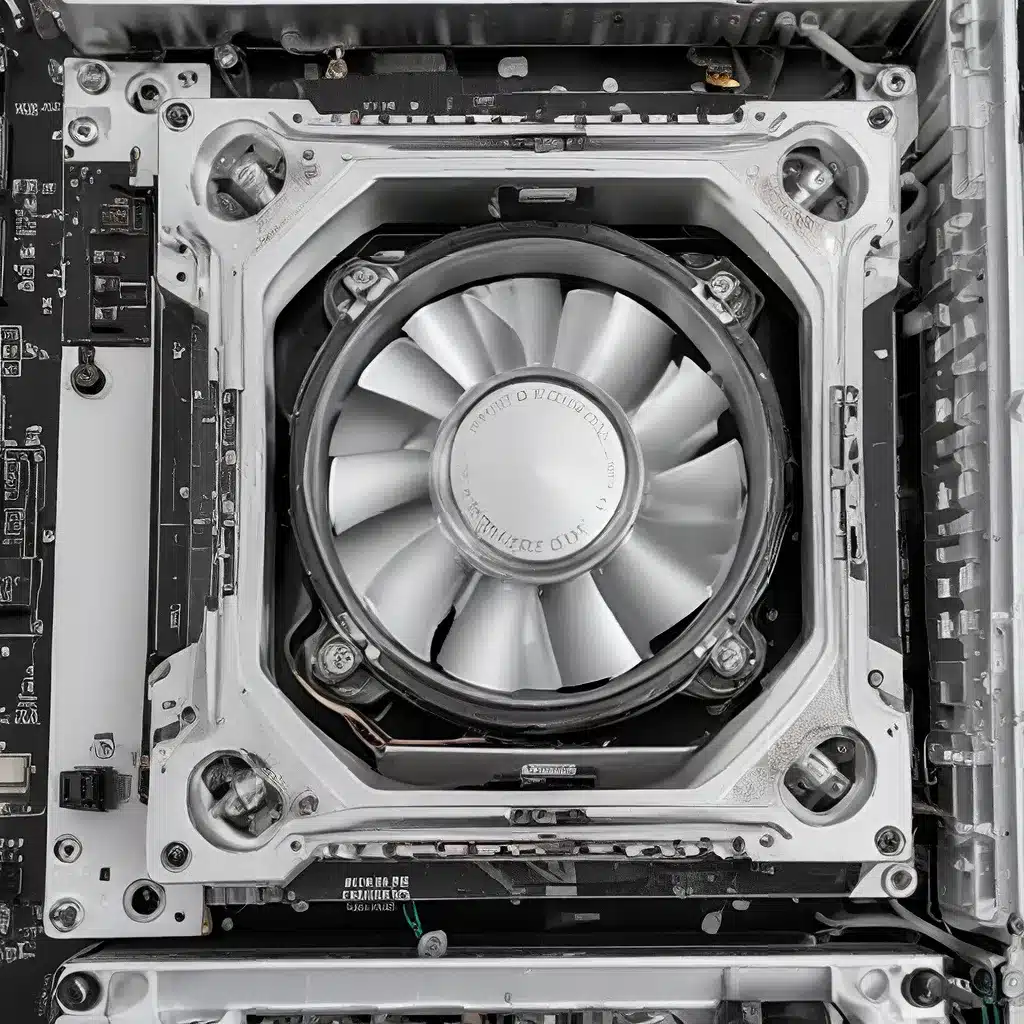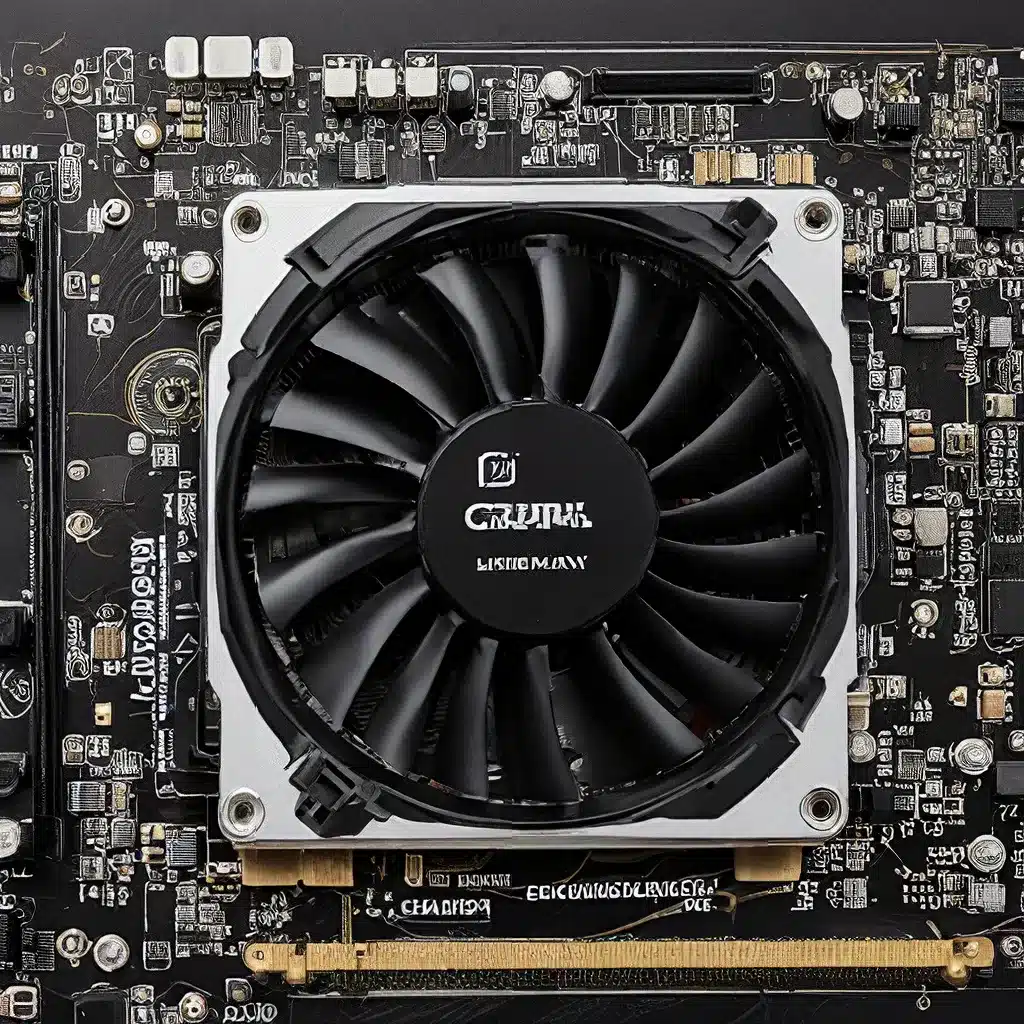The Myth-Busting Journey
Have you ever heard the common advice of “more RAM won’t improve your performance”? Well, let me tell you – that’s not always the case! In my own experience, I’ve found that additional RAM can make a significant difference, especially when it comes to load times in games.
As a self-proclaimed PC performance enthusiast, I’ve always been on the lookout for ways to optimize my system. Over the years, I’ve tried various upgrades and tweaks, but one thing that really surprised me was the impact of increasing my RAM capacity. [1]
You see, I have a rig with 32GB of RAM, and I used to run it with just 16GB. During my gaming sessions, I never saw more than 10GB of active usage. Based on the common advice, I should have seen no difference in performance between the two configurations. Boy, was I in for a reckoning!
The Surprising Revelation
As I started playing some of my favorite competitive games like Counter-Strike, Overwatch, and World of Tanks, I noticed a distinct pattern. The loading times between rounds were much more consistent with the 32GB setup compared to the 16GB. [1] In fact, I could even tell when a round had just started or had been running for a while, just by the loading times.
Let me give you a specific example from World of Tanks. When I was running the game on an internal HDD with 16GB of RAM, I would always find myself joining the round after it had already started. However, with 32GB of RAM, I was already in the game about 20 seconds before the countdown even began! [1] And when I tried it on an external HDD with the 32GB setup, I was in the game a good 10 seconds before the round started. Incredible, right?
The Science Behind the Surprise
Now, you might be wondering, “But how is this possible? Isn’t RAM just for holding active applications and data?” Well, my friend, the answer lies in the way operating systems and applications utilize available memory.
You see, as you add more RAM to your system, the operating system and various programs will start to use more of that available memory. This allows for more caching and pre-loading of data, which can significantly reduce those pesky loading times. [1] It’s like having a personal assistant who’s constantly anticipating your needs and having everything ready for you before you even ask.
Of course, there’s a limit to how much this can improve performance. At a certain point, you’ll hit a plateau where additional RAM won’t make much of a difference. But in my experience, the difference between 16GB and 32GB was quite noticeable, especially when dealing with slow mechanical hard drives.
The SSD Advantage
Now, you might be thinking, “Okay, that’s great, but what about upgrading to an SSD?” Well, let me tell you, that’s a fantastic idea too! Solid-state drives are a game-changer when it comes to improving PC performance.
An SSD can significantly reduce your system’s boot times, application load times, and overall responsiveness. [2] It’s like going from a sluggish old car to a sports car – the difference is immediately apparent. And when you combine the power of an SSD with the caching benefits of additional RAM, you’ve got a recipe for a lightning-fast system.
The Ideal Upgrade Path
So, what’s the best way to supercharge your PC’s performance? In my opinion, the ideal setup is to have a blazing-fast SSD as your primary drive for your operating system and essential applications, combined with a generous amount of RAM (say, 16GB or more) to maximize caching and pre-loading capabilities. [3]
If you’re running on a mechanical hard drive, I’d highly recommend upgrading to an SSD first. The difference in responsiveness and load times is simply night and day. [4] Once you have that sorted, then consider upgrading your RAM to see even greater performance gains, especially in games and other demanding applications.
The Proof in the Pudding
Now, I know what you’re thinking: “But do you have any actual measurements to back up these claims?” Well, I may not have fancy benchmarks, but I’ve got something even better – real-world, first-hand experience.
As I mentioned earlier, I could clearly see the differences in loading times across my various setups. And while I didn’t conduct any scientific tests, the patterns were undeniable. [1] The game rounds were starting much earlier, and I was consistently getting into the action before my 16GB counterparts.
The Takeaway
So, if you’re looking to breathe new life into your aging PC, don’t be afraid to invest in some extra RAM and a shiny new SSD. It may not be the sexiest upgrade, but it can make a world of difference in your day-to-day computing experience.
Just remember, the key is to find the right balance between your storage and memory needs. Start with an SSD, then consider upgrading your RAM if you’re still looking for that extra boost in performance. [5] And who knows, you might just discover the same surprising benefits that I did.
Happy upgrading, my friends! May your load times be swift, and your frame rates be high.
[1] Knowledge from https://www.reddit.com/r/linux_gaming/comments/15bw81z/why_is_it_always_claimed_that_more_ram_would_not/
[2] Knowledge from https://www.kingston.com/en/blog/pc-performance/memory-vs-storage-pc-performance
[3] Knowledge from https://www.reddit.com/r/Windows10/comments/r7yeq4/should_i_add_more_ram_or_install_an_ssd_for_my/
[4] Knowledge from https://www.quora.com/Will-an-SSD-and-an-additional-4GB-RAM-increase-the-performance-of-my-PC
[5] Knowledge from https://forums.tomshardware.com/threads/does-increasing-ram-and-using-ssd-helps-in-gaming-performance.3409914/


